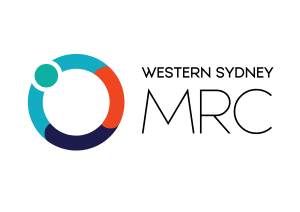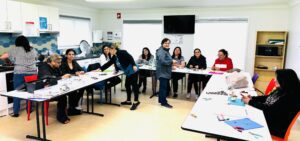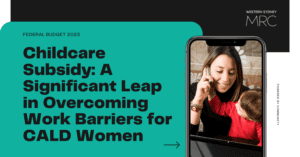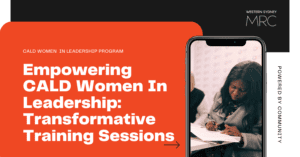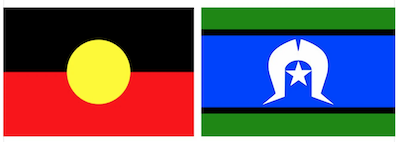Australian Institute of Family Studies Webinar – Preparing young people to leave care during COVID-19
Wednesday 27 May 2020
Meet Gizem
Western Sydney MRC Youth worker Gizem has recently joined the team in the past few weeks and has been busy training, networking and getting to know our organisation and has been focused on understanding the needs of young people during the COVID-19 pandemic.
She attended the Australian Institute of Family Studies (AIFS) Webinar in May which explored the potential impacts of COVID-19 on those leaving state care. Young people in care already face so many challenges, with the age of the exit beginning plan beginning very young. The webinar explored the potential impact of COVID-19 on young care leavers, and strategies to strengthen their social and emotional wellbeing.
AIFS Webinar
Presenters discussed policy and practice implications for professionals working with young people across a range of sectors, including out-of-home care, aftercare, mental health, education, employment, homelessness and housing. Gizem was so impressed with the knowledge and strategies shared that she captured a single-page synopsis to share with our team, to better support us and in turn, young people within our community.
‘They emphasized that during COVID 19 and isolation, young people were/are unable to connect with their relatives and grandparents and it limited their support systems and social networks which resulted an increase on their previous traumas, neglect, conflict and bullying. With the help of Mentoring and Buddy Systems young people can work towards creating “other form of supports”. They can benefit from caring relationships. I am so thankful to have joined the MRC in time to then attend this session.’
Youth engagement at the MRC
‘Quality peer support is not readily available within our sector. With our RYPMP mentor program, which has now ended, there were many complexities specifically relating to matching participants, and ensuring that we are striving for valuable and successful connections with mentees and mentors. In addition to this the staff / time resource required for most mentor programs is significant.
We have had to find new ways of connecting with clients and community during the COVID-19 pandemic. Digital connections need to value add to the already established client relatiosnhips, alongside facilitating new conversations and support. We have had to find and implement innovation in order to be present during this time for our community. It has been challenging. I believe we are better for it. We have built our own capacity, exploring diverse communications methodologies whilst finding ways to meet our client’s needs.’
CEO Kamalle Dabboussy says
For more information about AIFS visit aifs.gov.au
